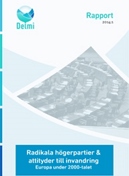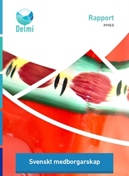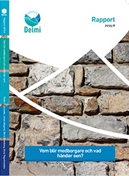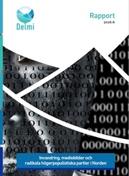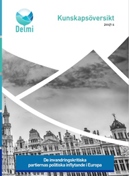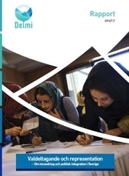|
The report’s overarching question concerns the character of immigration legislation in the Continental Nordic countries 2000-2022 (please note that the report does not discuss integration as a topic, i.e., any measures aimed at those people who have been allowed to enter a country). Moreover, while not purporting to provide any causal explanations the report relates the development of immigration legislation to three aspects that are often highlighted in previous research. These form the background to the report’s three additional research questions: 1.When have Populist Radical Right parties (PRR) been able to influence government policies (either directly via formal Cabinet membership or indirectly via a supporting party position)? 2. What has the level of voter support been for the Populist Radical Right parties? 3. What has the level of immigration been? Some overall conclusions and recommendations:
Jonas Hinnfors, Professor in Political Science, University of Gothenburg |
Immigration legislation in the Continental Nordic countries

Since the beginning of the 21st Century, migration has developed into an important issue area in the Nordic countries (Denmark, Finland, Norway and Sweden). Although various studies have indicated that these countries have approached each other regarding legislation concerning immigration (i.e., laws regulating the conditions under which third country nationals are allowed to settle in a country for longer or shorter periods of time), no empirical overview has been carried out so far covering all three major immigration categories (forced migration/asylum seekers; family reunification and labour migration) in these reasonably similar countries.
